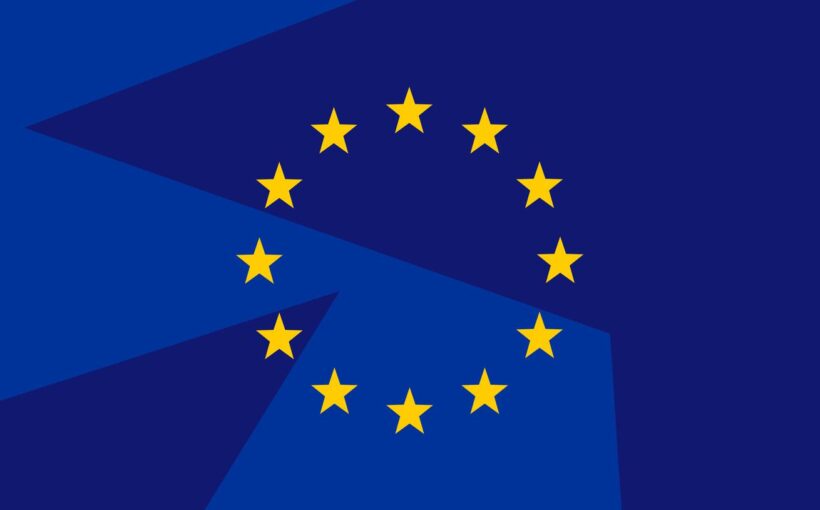`Moldova’s pro-Western president, Maia Sandu, faces a critical second-round election on Sunday that will determine who takes charge of the EU candidate country, amid widespread allegations of Russian interference.
Hundreds of thousands of voters at home and at polling stations abroad will cast their ballots for either Sandu or her pro-Russian challenger, Alexandr Stoianoglo. While Sandu won the largest share of votes in the first round of the presidential election two weeks ago with 42.3 percent, she failed to secure an absolute majority, requiring a runoff against her nearest competitor, former prosecutor and Socialist Party politician Stoianoglo.
A simultaneous referendum on Oct. 20 on whether to enshrine European integration into Moldova’s constitution passed by the narrowest of margins — with 50.4 percent supporting the move and 49.6 percent against. Sandu accused Russia of “buying 300,000 votes” and using an unprecedented campaign of disinformation and propaganda to try to keep the former Soviet Republic inside its self-proclaimed sphere of influence.
Speaking to POLITICO, Olga Rosca, an adviser to President Sandu, said that authorities had stepped up efforts to avoid a repeat of the same tactics.
“Authorities, working tirelessly, have implemented a dual approach — dismantling the network and discouraging potential participants,” she said. “All resources have been mobilized — from law enforcement efforts to public announcements on trolleybuses and in supermarkets, from civil society’s calls for integrity to journalists capturing the stories of those who’ve opted out of the scheme.”
According to one person with knowledge of law enforcement’s efforts to safeguard the election, Russia’s efforts to interfere in the vote had become “more kinetic” in recent weeks. Five people were detained on allegations of plotting to start fires at the Central Election Commission, and preliminary investigations found messages purportedly showing they had received instructions from Moscow.
While Stoianoglo previously boycotted the EU referendum, a common position initially advocated by pro-Russian parties including his own Party of Socialists of the Republic of Moldova, he has since insisted he would not stand in the way of European integration, seeking to portray himself as a unity candidate. However, at the same time he has advocated rebuilding bridges with Moscow in the name of “national interests and stability.”
Russia has troops stationed in Moldova’s breakaway region of Transnistria, which has remained de facto autonomous since the fall of the Soviet Union. The territory, which runs along the border with Ukraine, earlier this year called on the Kremlin for “protection,” even as Moldovan officials insisted they have no plans to force a change in the status quo.
Moldova began accession talks with the EU in June, at the same time as Ukraine. Officials say they are hoping to join the bloc by 2030. However, despite updating the constitution to include that goal, Sandu losing the presidency or the pro-Western Party of Action and Solidarity failing to build a governing coalition after parliamentary elections next year, could derail the country’s efforts.


